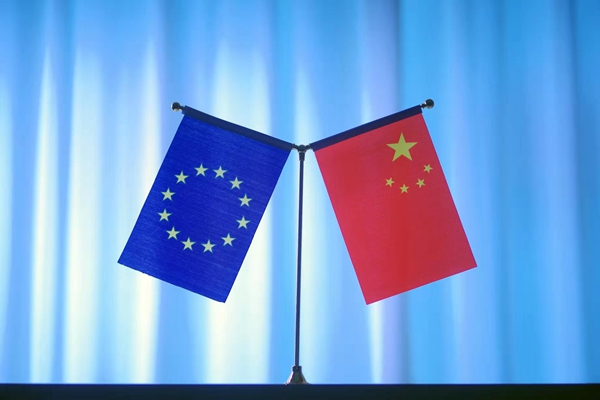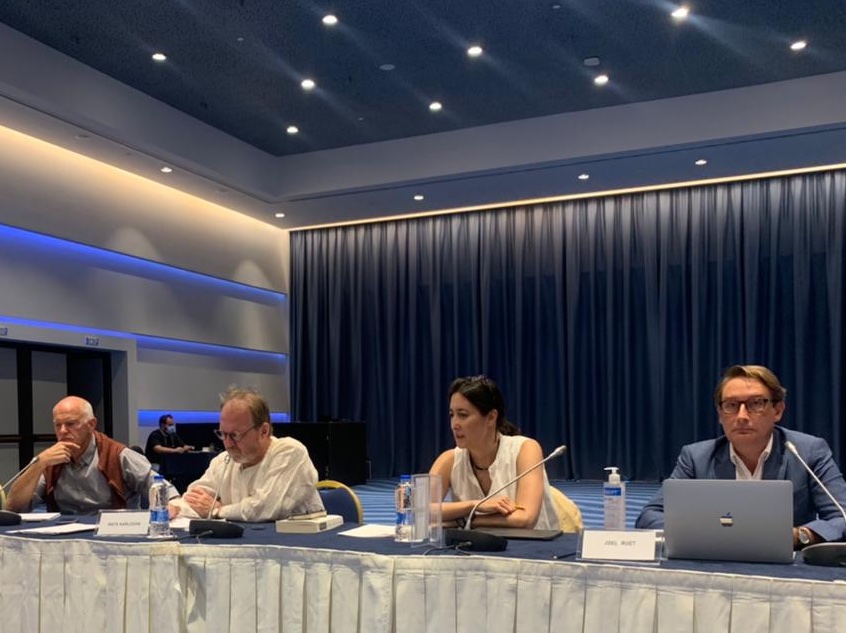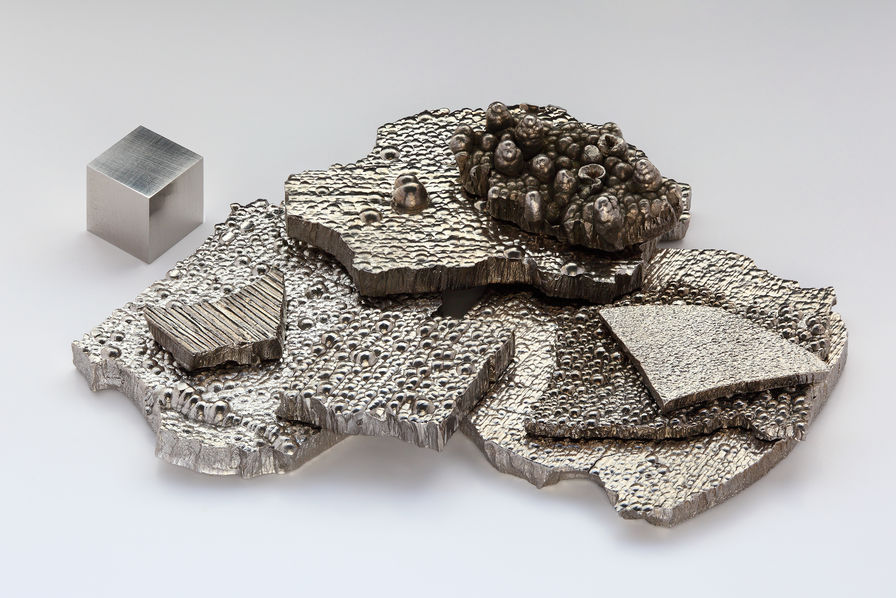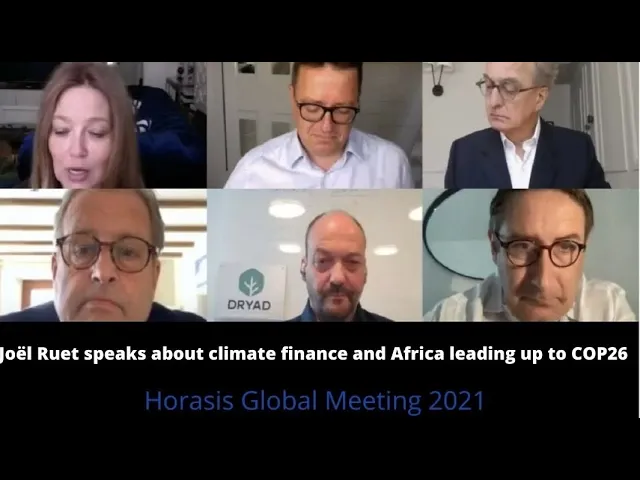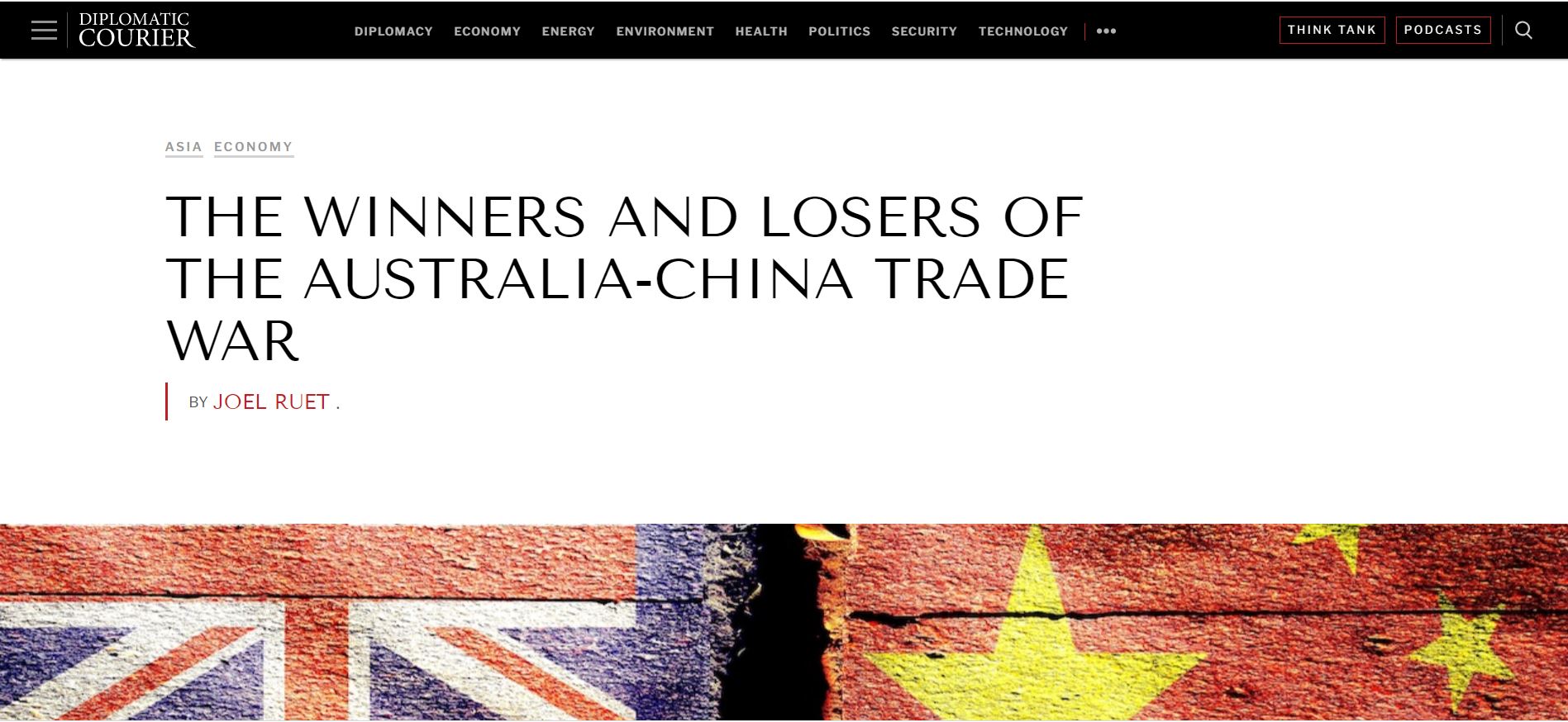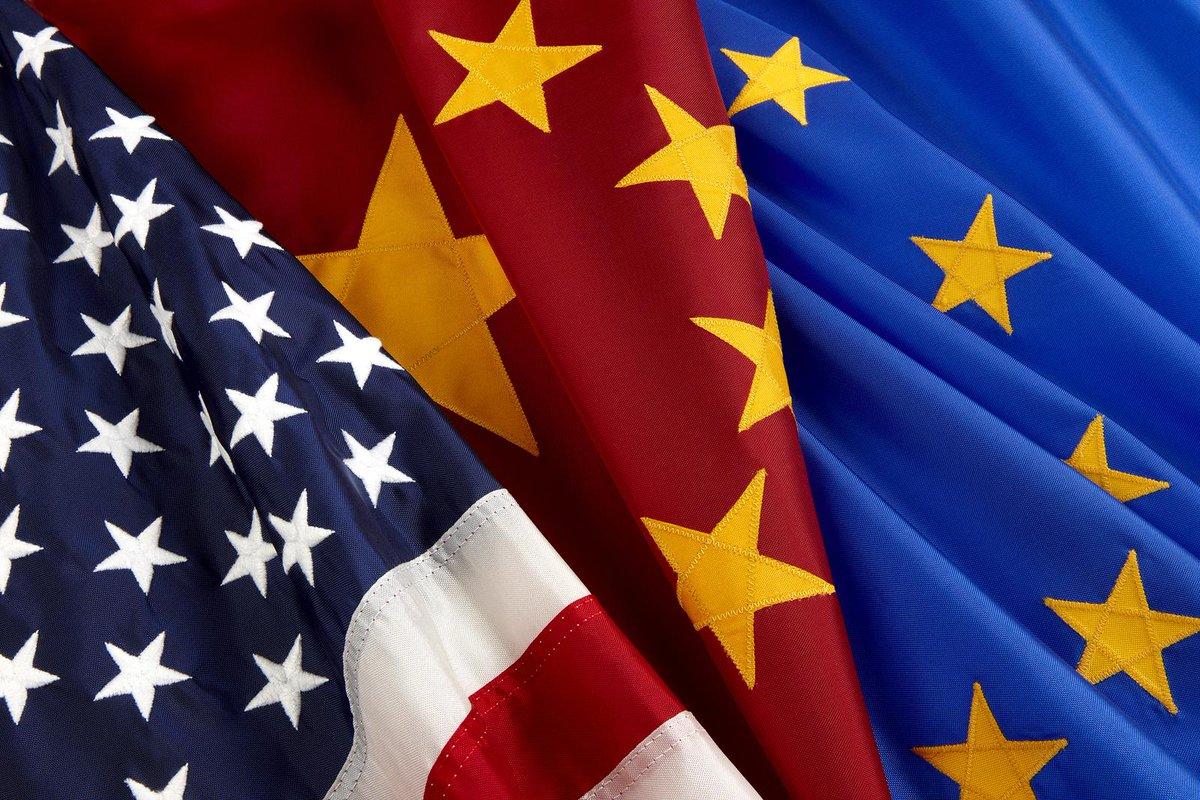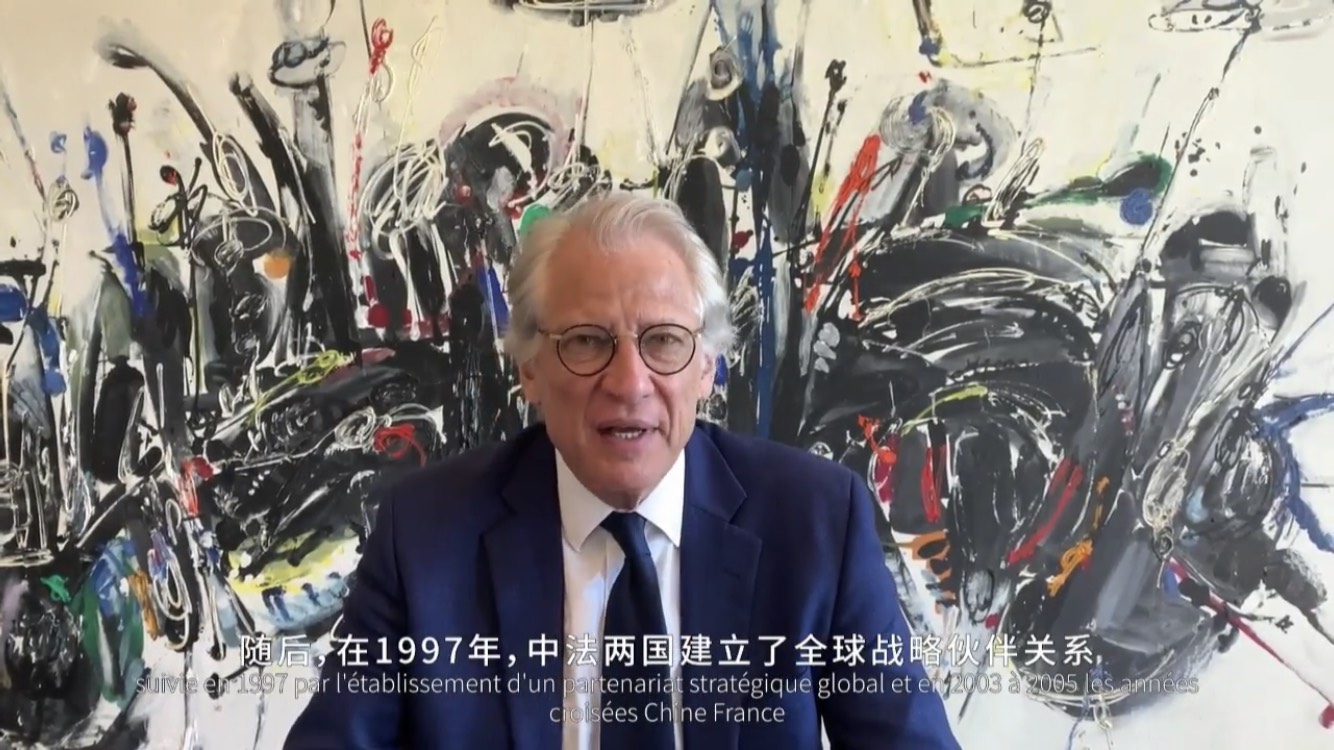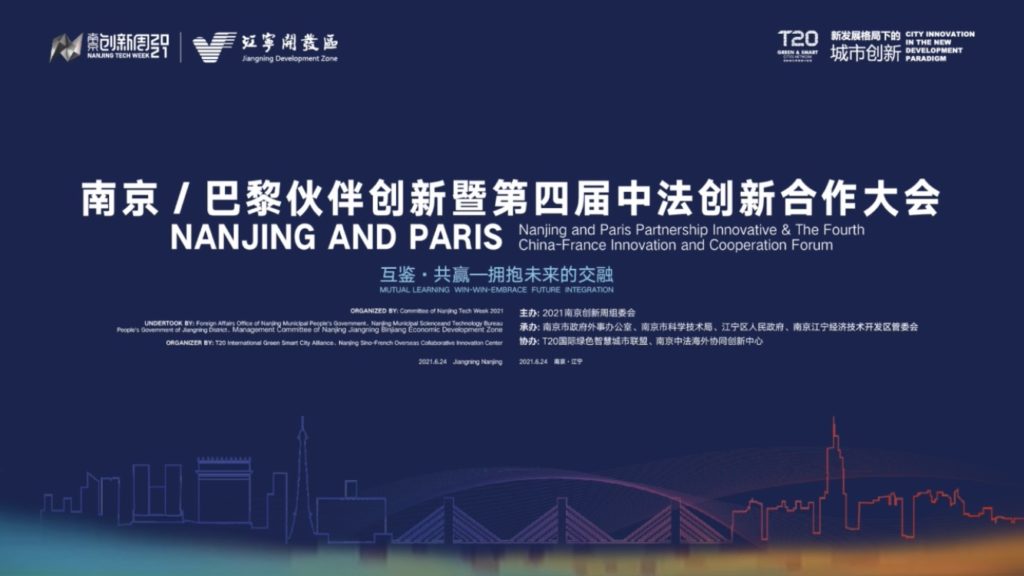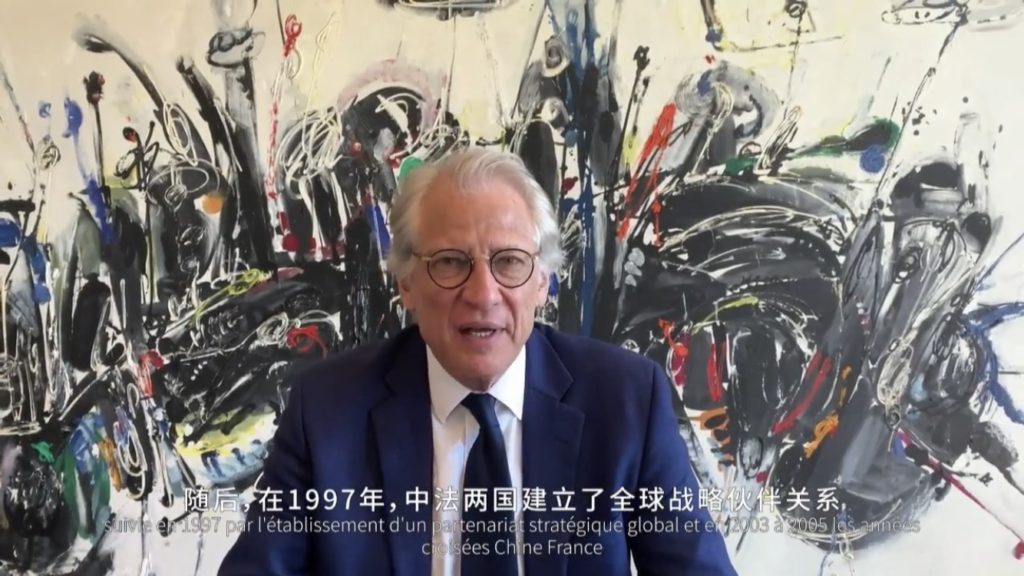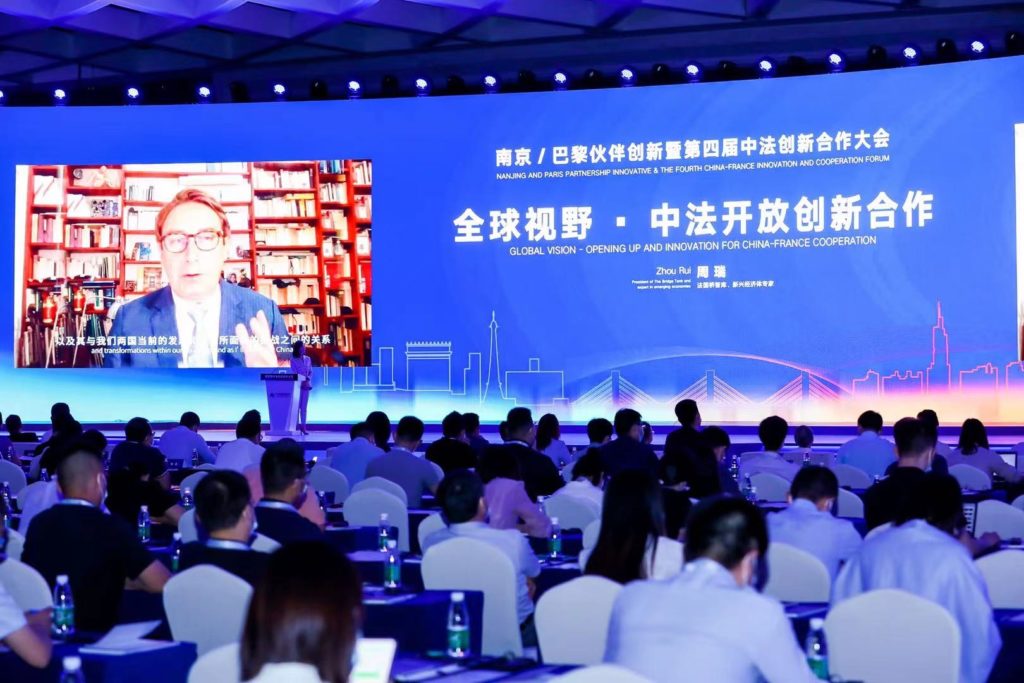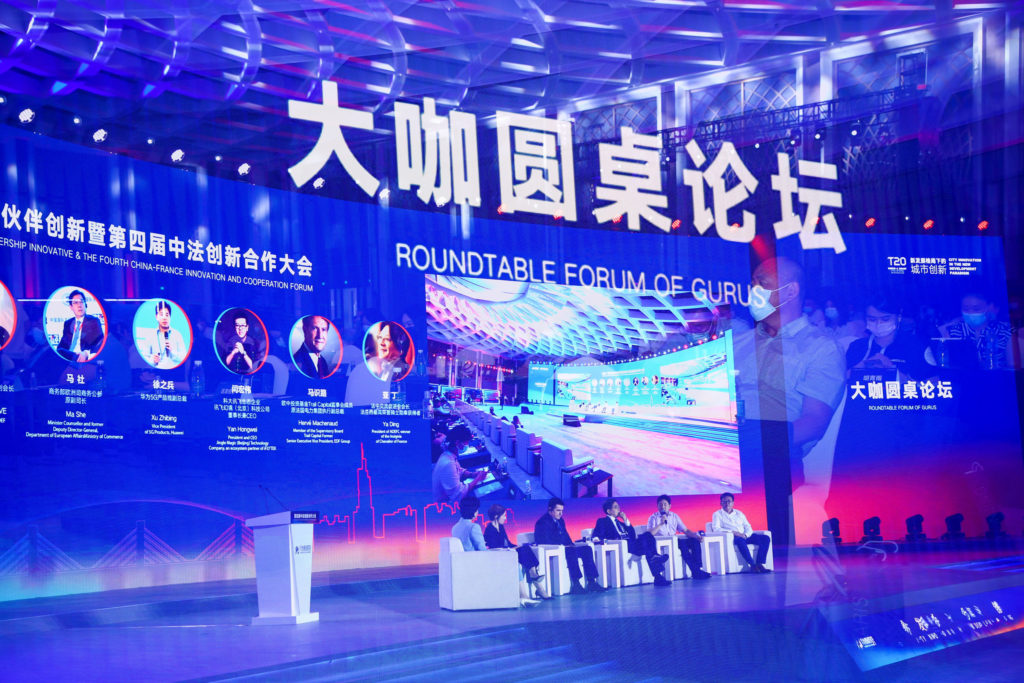The making of Hydrogen – Definition and acceleration of a sector
By Joël Ruet, Baudouin Becker, Antoine Goutaland and Xieshu Wang.
Hydrogen is a subject in trend and announcements of breakthrough hydrogen technologies have been multiplying in the last couple months. Indeed, it seems hydrogen, as an energy vector similar to electricity, has imposed itself in most government’s eyes as an indispensable tool in order to transition to climate neutral economies by the end of 2050. Indeed, a number of executive bodies have published hydrogen national strategies in the last 15 months, among which notably the EU, the US, France, the Uk, Germany, and many others (even if mostly Europeans so far).
Hydrogen is not a new molecule and has been known and used for decades. Currently, it is mostly utilized as an industrial composite for the production of ammonia, of steel or for refining oil. However, in the context of the energy transition, it is mostly considered useful as an energy vector that would complement electricity. Indeed, in hard-to-abate sectors, meaning sectors where electricity isn’t a solution or an unsatisfactory one, hydrogen appears as a viable replacement to fossil fuels, for example in long-distance transport or shipping where oil is hard to substitute.
These two documents provide an overview of hydrogen developments and increasing importance in the energy transition as well as a prospective analysis of its prospects of evolution towards 2030. It notably identifies an unexpectedly faster pace of development of the molecule. Country that are mostly likely or unlikely to decarbonize their current hydrogen production are also identified. Finally, the documents provide a specific lens on hydrogen use for mobility and on hydrogen ecosystems.
Main report : Main Report – The making of Hydrogen – Definition and acceleration of a sector over 2017-2021
Executive summary : Executive Summary – The making of Hydrogen – Definition and acceleration of a sector over 2017-2021



